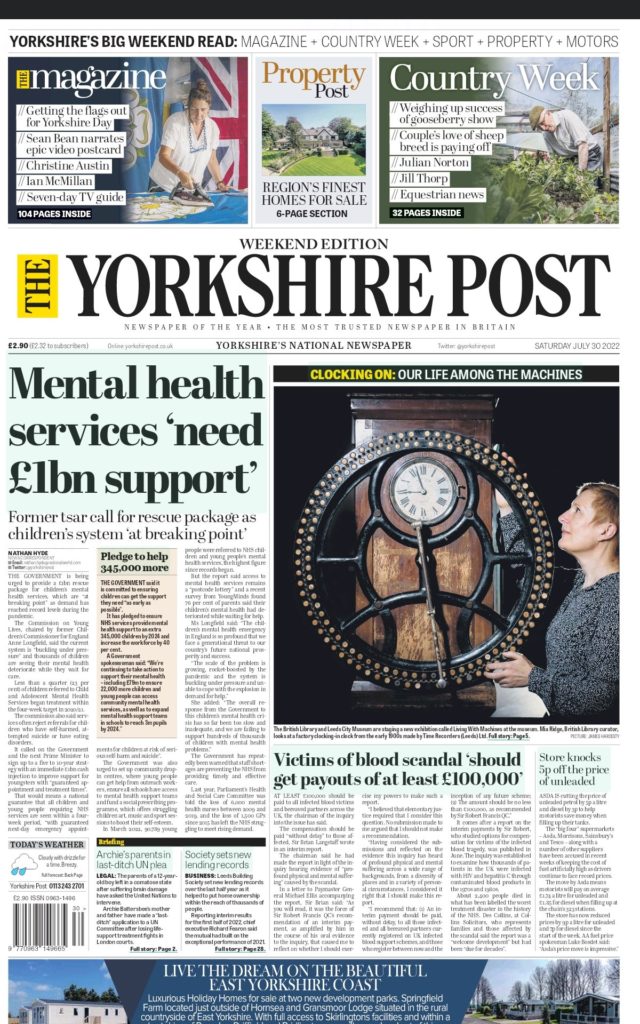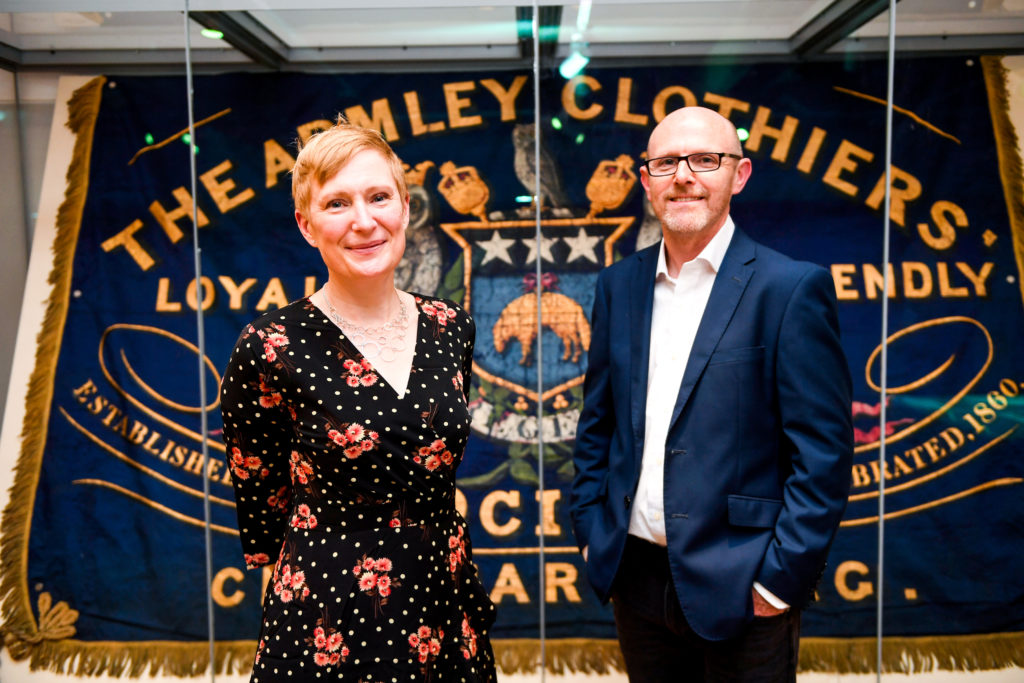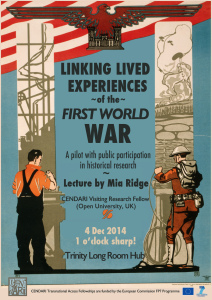2017-18 was a bit of an odd year and I've subsequently reduced the number of invitations I accept each year.
Projects
2018 finished with a bang, as the press release for the British Library/Alan Turing Institute's Living with Machines project went live. I'd been working on the proposal since early 2017. In this project, we're experimenting with 'radical collaborations' around applying data science methods to historical newspaper collections to advance the potential of digital history.
Talks and teaching
January: a lecture on 'Scholarly crowdsourcing: from public engagement to creating knowledge socially' for the Introduction to Digital Humanities Masters course at King's College London, and an 'Overview of Information Visualisation' for the CHASE Winter School: Introduction to Digital Humanities.
February: a full-day workshop on Information Visualisation for PhD students in the Digital Humanities for CHASE.
March: a talk on 'Crowdsourcing: the British Library experience' for CILIP's Multimedia Information & Technology (MmIT) Group's event on 'The wisdom of the crowd? Crowdsourcing for information professionals'.
April: a talk on 'Challenges and opportunities in digital scholarship' for a British Library Research Collaboration Open House, and took part in a panel for the Association of Art Historians (AAH) conference on ‘Sharing knowledge through online engagement’ around Art UK's Art Detective project at the Courtauld Institute of Art.
May: I was in Rotterdam for a EuropeanaTech panel on User Generated & Institutional Data Transcription projects and gave a talk on 'Open cultural data in the GLAM sector' for a CPD25 workshop on The GLAM sector: what can we learn from Galleries, Libraries, Archives and Museums
June: with Thomas Padilla I co-taught 'Collections as data' for the HILT Digital Humanities Summer School, June 4–8, 2018, University of Pennsylvania. I then went onto Oberlin College to give a keynote on 'Digital collections as departure points' at the Academic Art Museums and Libraries Summit.
September: a talk on 'Crowdsourcing at the British Library: lessons learnt and future directions' at the Digital Humanities Congress | University of Sheffield, 6th – 8th September 2018. And a 'provocation' for the Building Library Labs event, 'A modest proposal: crowdsourcing is good for all of us'.
November: I travelled to Bonn to do a keynote on 'Libraries and their Communities: Participation from Town Halls to Mobile Phones' for the 2018 SWIB (Semantic Web in Libraries) conference, and gave a preview talk on Living with Machines for the British Library Labs 2018 Symposium.
Publications
An article on Breathing life into digital collections at the British Library for ACCESS / Journal of the Australian School Library Association, 2018.
A chapter for a Routledge publication on research methods in the Digital Humanities, called 'Crowdsourcing in cultural heritage: a practical guide to designing and running successful projects' (in process).
Other
I was a peer reviewer for conference proposals and articles for museum studies and digital humanities events and journals.
I also gave internal talks on IIIF and the Universal Viewer and taught Data Visualisation and Crowdsourcing workshops on the British Library's Digital Scholarship Training Programme.
I wrote a number of blog posts, newsletters and press releases for work. I've collected some of those blog posts and newsletter updates for the British Library at Updates from Digital Scholarship at the British Library.
Blog post 'Notes from ‘AI, Society & the Media: How can we Flourish in the Age of AI’' and 'Cross-post: Seeking researchers to work on an ambitious data science and digital humanities project'



